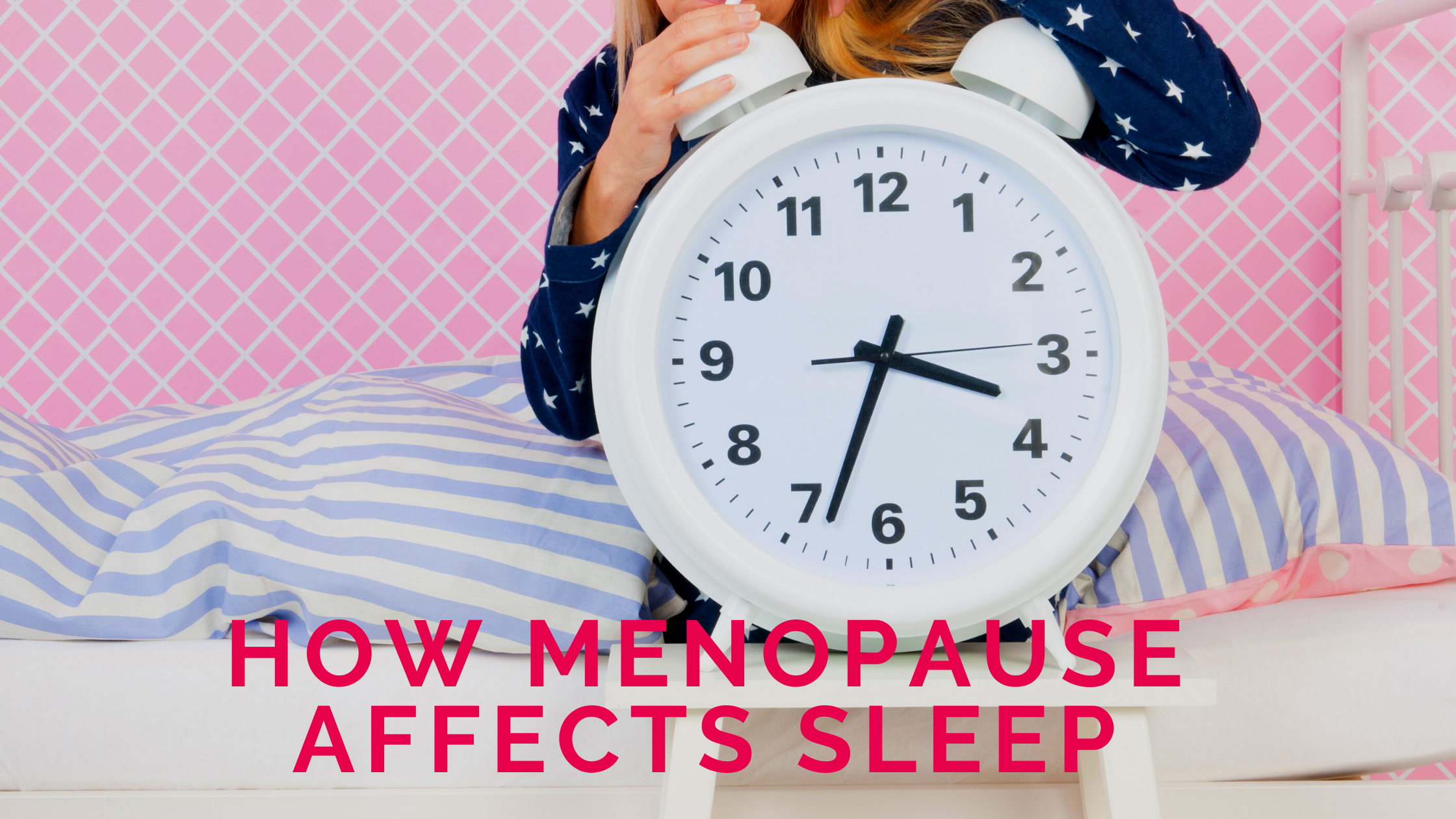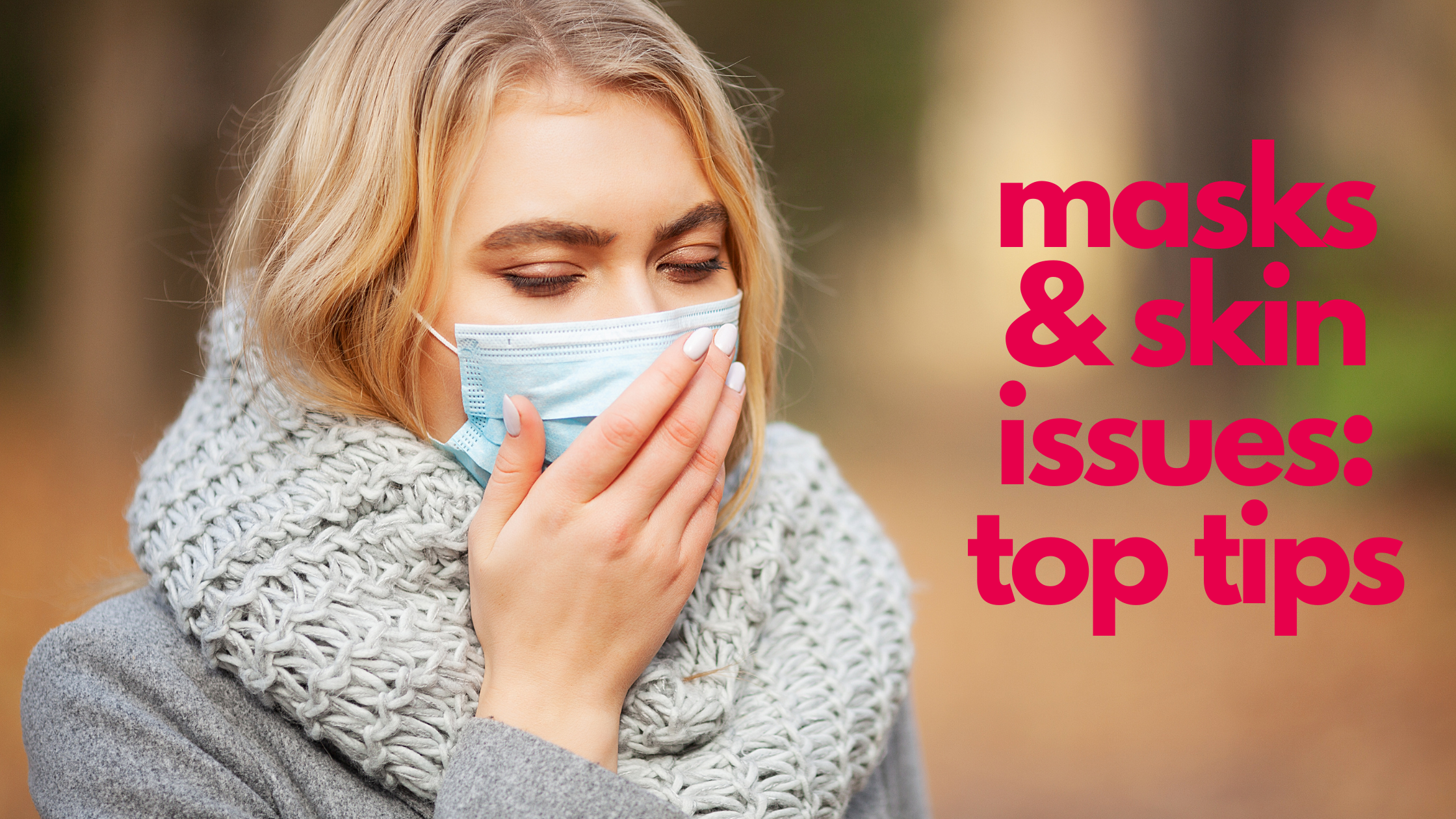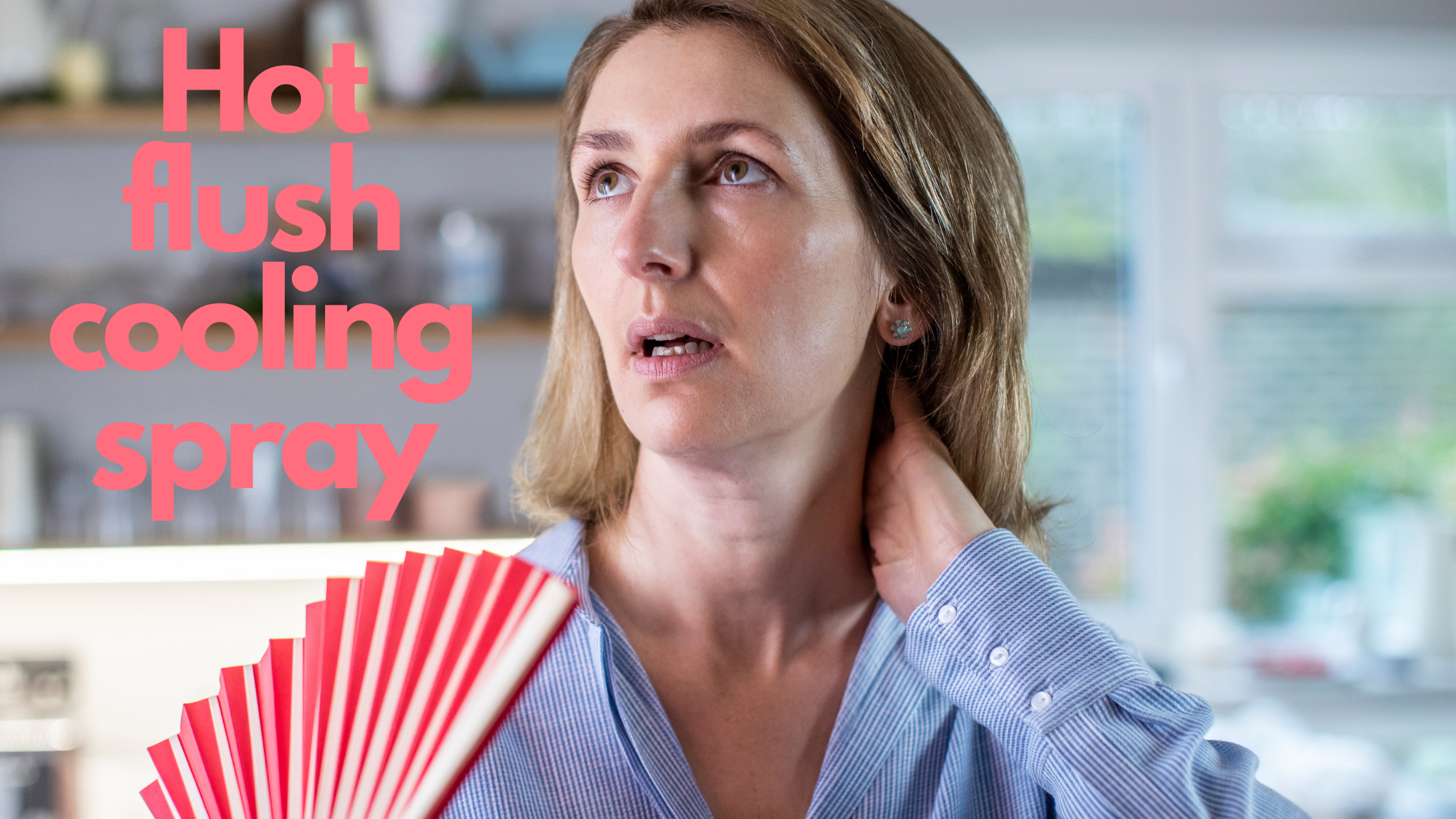
How Menopause Affects Your Sleep
I remember my grandma and my mom calling it the ‘change of life’ – the age when we start having mood swings, hot flushes and unwanted weight gain that’s difficult to shift. I remember them talking about these symptoms but I honestly don’t remember disturbed sleep being talked about. Maybe they were too tired to discuss it!
Menopause is a time of major hormonal, physical and psychological change for women, and all this change can wreak havoc on our sleep. This sleeplessness is often attributed to hot flushes, or night sweats, when we wake up soaked and feeling like you’d like to jump into a freezer to get some respite! Well, I do anyway. My husband moans as I insist on having all the windows open, our room is truly cold but it’s the only way I can get any sleep, and let’s face it – he can have a duvet. Oh, and I also get up to pee, at least twice a night!

Well, during the menopause the level of oestrogen in your body declines, contributing to hot flushes, increased anxiety, depression, early morning waking and difficulty getting to sleep and back to sleep when you wake in the night. To go along with this, joint aches and pains and peeing at night are all part and parcel of declining oestrogen.
To compound this the levels of Progesterone and Melatonin, which are both vital hormones in sleep, decline during menopause as well.
Prior to a hot flush, a woman’s body temperature rises and blood flow increases to the face first, creating a sensation of heat, waking us up. The real problem is that the hot flushes are energising due to the increase in heat and adrenaline, making it hard to fall back to sleep. Even when we do manage to fall back to sleep our sleep quality is affected, causing tiredness the next day.
As we all know, sleep is important for our mental health, stress levels, immune system and energy levels as well as giving our bodies a chance to replenish itself.

- Follow a regular sleep schedule, going to bed and waking at the same time each day, including weekends.
- Develop a good bedtime routine: think hot chocolate, warm bath, reading a book, listening to soothing music or a sleep app.
- Avoid having your phone or tv on in your bedroom for at least an hour before you go to sleep – the light from these devices can make falling to sleep difficult.
- Keep your bedroom at a comfortable temperature and as quiet as possible. If you suffer from hot flushes a cooler temperature may help.
- Have a cooling yoga towel close by – I use these all the time!
- Avoid exercising close to bedtime
- Avoid eating a large meal close to bedtime
- Stay away from caffeine and alcohol late in the day.
Our Puremess Sleep Balm comes highly recommend to help you get a good night's sleep.
 It contains 4 different essential oils that work on the nervous system in different ways and increase the production of serotonin and dopamine. Apply it on the soles of your feet and pulse points before you go to sleep and again if you wake in the night. As an added bonus, it’s fabulous on dry skin, eczema and psoriasis and is fabulous at improving your nails! This is what Carol from Surrey had to say about it:
It contains 4 different essential oils that work on the nervous system in different ways and increase the production of serotonin and dopamine. Apply it on the soles of your feet and pulse points before you go to sleep and again if you wake in the night. As an added bonus, it’s fabulous on dry skin, eczema and psoriasis and is fabulous at improving your nails! This is what Carol from Surrey had to say about it:
"I know u mentioned that sleep balms are fab for eczema but my partner has psoriasis quite badly. He’s had it about 2 years and if I'm honest, it’s scabby and it’s gross. It bleeds and I have to keep changing bedding and anything he leans on. The prescribed stuff he’s given is just rubbish. So, I suggested putting sleep balm on his elbows and knees every night and within a week he has no scabby itchiness...Wowzers! My friend bought a sleep balm as she was having trouble sleeping. She then blamed me that she slept through her alarm for the two days that she used it".
Happy sleeping!
Take care,



